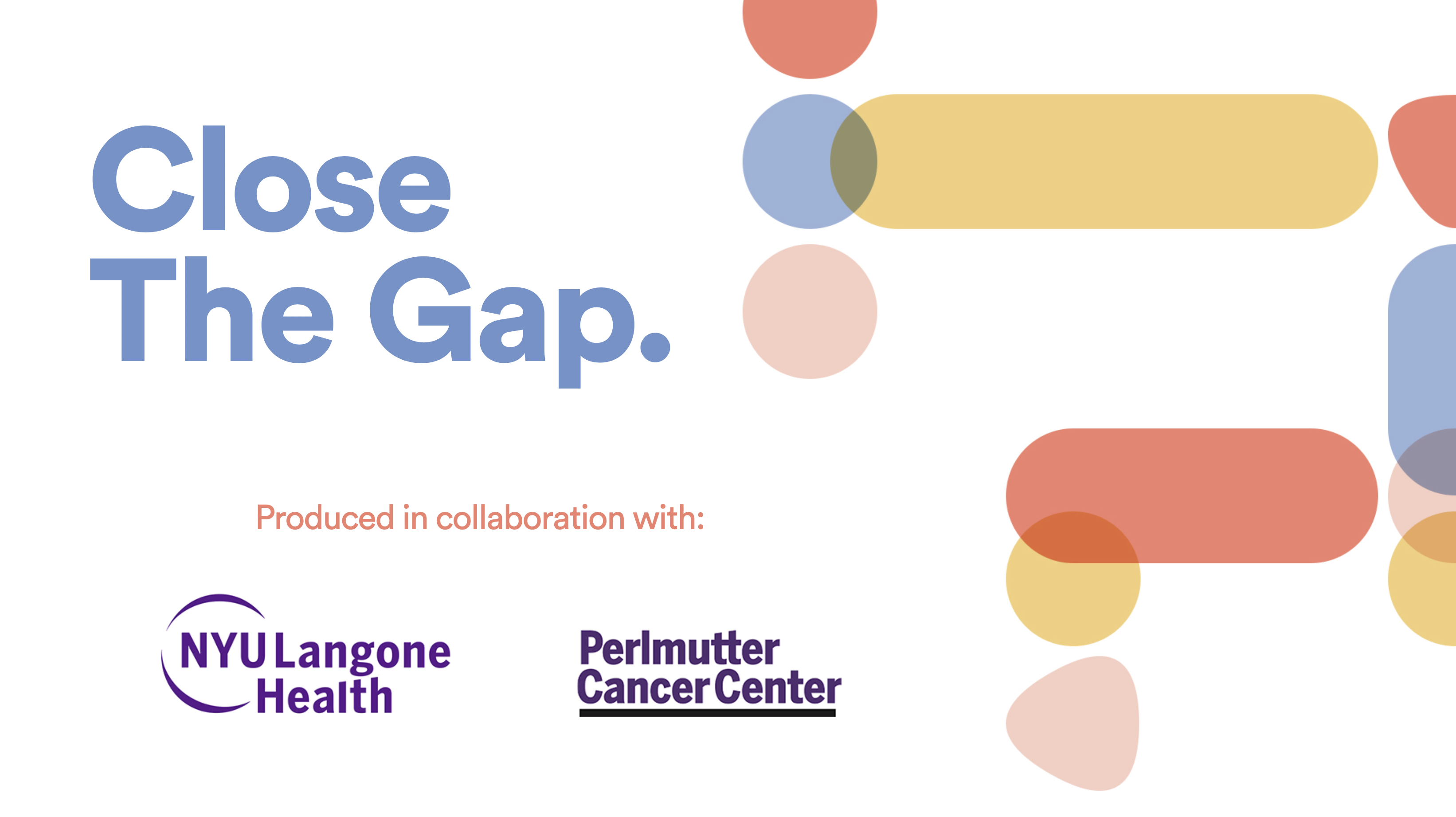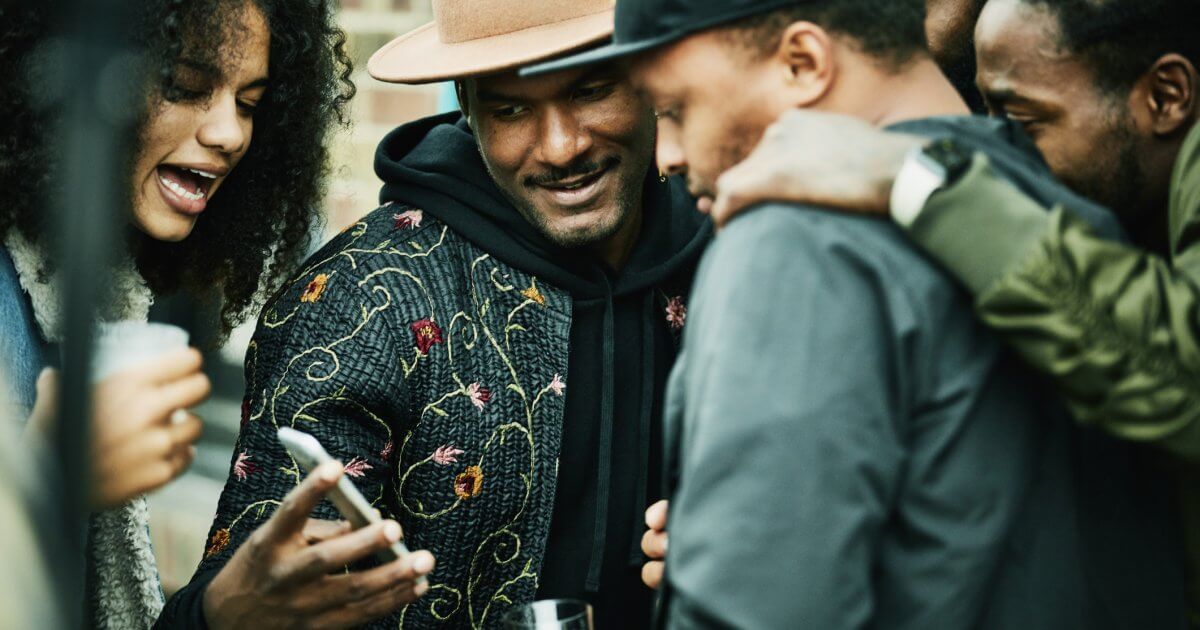COVID-19 Vaccine
- A new study shows that many Black Americans do not trust the safety or efficacy of the COVID-19 vaccine.
- Due to personal experience and historical events, such as the Tuskegee Syphilis Study, there is a history of distrust of the U.S. medical community.
- Many people battling cancer experience an immunocompromised state from cancer treatment, making them more susceptible to the coronavirus.
Read More“Black and brown people have a significant distrust of the medical community. It is for legitimate reasons and runs long and deep.” Dr. Otis Brawley
SurvivorNet has created the “Close the Gap” initiative with NYU Langone Health's Perlmutter Cancer Center to help bring awareness and change to close the racial gap in prevention, cancer care, and survival rates.

Distrust of the Medical Community
There’s a long history of distrust of the medical community by the African-American community, and it’s a warranted distrust. “Black and brown people have a significant distrust of the medical community. It is for legitimate reasons and runs long and deep,” Dr. Brawley tells SurvivorNet. “The distrust is often based on personal experience and not just major historical affronts such as the Tuskegee Syphilis Study.
Related: A COVID-19 Vaccine May Be on the Way: What Those With Cancer Need to Know
In an earlier interview with SurvivorNet, Dr. Brawley told us, “Trust is something that you gain over a long period of time. It can be lost quite quickly, but it is earned over a very long period of time. The trust thing is coming up a lot now. Earlier today, I had a medical student mention to me a patient who was concerned… Their concern if they go into this clinical trial, they’re going to be randomized to the placebo and some white person will get the active drug. People who have trust are people who have a long-term history of providing service and not taking advantage of people, and who the patients believe have their best interests in mind.”
Colorectal surgeon Dr. Heather Yeo tells SurvivorNet, “There is no question that there is a lack of trust from underrepresented minorities in the US. And, unfortunately, it is not unfounded. Our nation's history of unethical treatment of black patients (i.e. the Tuskegee Airmen) has left lasting harm, even today, there continue to be healthcare disparities that have become very visible during this pandemic. Many people are working to improve healthcare disparities.”
The fear of vaccination is not a fear of science, it is a fear that this country, especially in this political climate, does not care about them/us. Dr. Zuri Murrell
Dr. Zuri Murrell, a Colorectal Surgeon at Cedars-Sinai Medical Center, tells SurvivorNet, "Unfortunately, many African Americans and Latinos rightfully feel that at worst, America does not care about their lives at all. And at best, America is willing to sacrifice their bodies for the ‘greater good.’ So the fear of vaccination is not a fear of science, it is a fear that this country, especially in this political climate, does not care about them/us. This has been backed up by the history of medical experimentation done on African Americans in the past. While many of these fears are valid, it is currently hurting us by a decrease in minority participation in clinical trials, and by the real possibility that although those two racial groups are dying at a higher rate because of COVID-19, many will not want to get vaccinated. As an African American surgeon, I will be getting vaccinated, recording the process, and sharing it on social media. In all honesty, I myself was concerned about getting the vaccine within the first three months it would be available, however, I trust Dr. Fauci and the other SCIENTISTS in the government (FDA) that say it is safe."
Cancer Care & the COVID-19 Vaccine
For those battling cancer during the pandemic, a COVID-19 vaccine could be an extra layer of armor against the coronavirus. People need to speak to their cancer care teams about what the vaccine will mean for them, specifically. Dr. Brawley tells SurvivorNet, “I trust the FDA approval system as long as the politicians stay out of the process. I also hope a vaccine will be approved very soon. In the short term, I hope opposition to COVID vaccination will decrease as more and more people are vaccinated and do well. Community leaders may help by being vocal in supporting vaccination and publicly getting the vaccine themselves.”
Getting the vaccine will be especially important for high-risk individuals, like the elderly, and medical personnel working on the front lines. Additionally, people being treated for cancer may be more susceptible to the virus, due to some cancer treatments leading to an immunocompromised state. For Black cancer patients, trusting the COVID-19 vaccine may be paramount.
Dr. Yeo tells SurvivorNet that there are ways to increase that trust. She says, “We need to work with community leaders and medical professionals from these communities to help build trust. We need to be transparent about the studies. Many people across the country don't know that these vaccines have been tested on over 73,000 patients. And, while the speed with which the vaccine has come to market is faster than in history, the process has not lowered the bar. Independent data boards (not related to the company or working for the government) have reviewed the data and found them to be safe. mRNA vaccines in general are safer than other types of vaccines (attenuated viral) because they break down faster and don't have the potential to mutate.”
Ovarian Cancer Treatment during the COVID-19 Pandemic
Learn more about SurvivorNet's rigorous medical review process.


